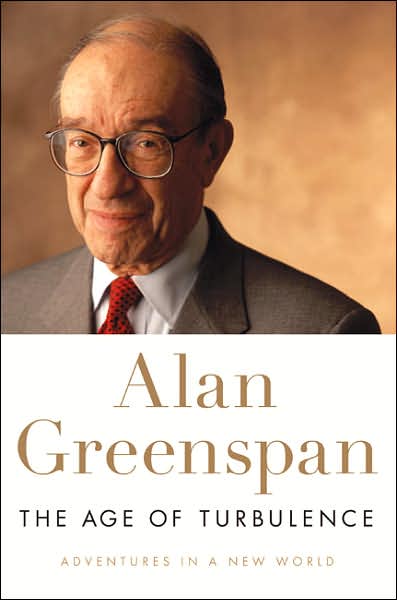Hypocrite
“We need earmark reform. And when I’m president, I will go line by line to make sure that we are not spending money unwisely.”
So said Barack Obama during a presidential debate last year. However, the new $410 billion “omnibus” spending bill that Obama will sign into law soon contains over 8,500 earmarks worth almost $8 billion. So says Obama now,
“Done right, earmarks have given legislators the opportunity to direct federal money to worthy projects that benefit people in their district, and that’s why I have opposed their outright elimination.”
Supposedly he’s going to push for “earmark reform” in the next budget. But most Republicans spurned this bill, as did a few democrats – notably Evan Bayh of Indiana. He even wrote a Wall Street Journal Op-Ed piece to complain. Writes Bayh,
This week, the United States Senate will vote on a spending package to fund the federal government for the remainder of this fiscal year. The Omnibus Appropriations Act of 2009 is a sprawling, $410 billion compilation of nine spending measures that lacks the slightest hint of austerity from the federal government or the recipients of its largess.
Well said, but so far this president is out of control on government spending. And it’s likely going to get worse.
March 11, 2009 No Comments
A Future of Turbulence
So here’s my first somewhat serious blog post. I’ve just finished a great book called The Age of Turbulence, written by former Federal Reserve Chairman Alan Greenspan. The first half of the book is essentially a chronological story of his life and career, including his stint as Federal Reserve Chairman from 1987 to 2006. All told he worked for seven presidents in some economic leadership role, and the insight and stories he shares from working in those administrations is absolutely fascinating. The second half of the book is more devoted to his views on economic policy and the challenges that the United States faces as a result of globalization, rising energy and health care costs, and the continued threat of terrorism.
I certainly share Alan Greenspan’s libertarian economic views and his belief that the country needs to maintain as much of a free-market society as possible if we want to look forward to continued economic prosperity. I was definitely reading this book with an eye on the upcoming presidential election. It seems that if we want to put and end to our economic woes we will need to elect the candidate who will do the following:
- Embrace globalization. If we elect a candidate who favors trade barriers or government assistance to protect and U.S. manufacturing jobs lost in the short-term, we will become less competitive in a global market in the long-term, and our economic standing in the world will fade.
- Exercise fiscal restraint. The U.S. federal budget in 2008 was $2.9 trillion. Of this, the mandatory budget items in order were Social Security ($608 billion – 21%), Medicare ($386 billion – 13%), Unemployment/Welfare ($324 billion – 11%), Interest on the National Debt ($261 billion – 9%), and Medicaid + SCHIP ($209 billion – 7%). As for discretionary spending, the Department of Defense leads ($481 billion – 12%). Included partly in this number are the wars in Iraq and Afghanistan ($190 billion – 7%). The entitlement programs account for 52% of government spending and are set to increase as more baby boomers hit retirement age. Comparatively, the wars in Iraq and Afghanistan are relatively cheap. Additionally, interest payments on our debt are up to 9%. Hopefully our next president will reign in federal spending and at least try to balance the budget.
- Lay the groundwork for energy sustainability and independence. I think everyone knows that we need to find new sources of energy that are cheap, abundant/renewable, clean, and produced at home so that the cost of energy doesn’t hamper economic growth, so we don’t destroy the planet, and so we can be less involved in the affairs of the ever-unstable Middle East.
- Reduce income disparities. Note that this is NOT equivalent to income redistribution. Greenspan says that there are two reasons why there is a growing wage gap in the U.S. which leads to social unrest and politicians touting populist economic policies. One reason is that skilled workers are overpaid on the high end because there is a shortage of them. We can reduce the shortage by loosening up immigration restrictions to make it easier for engineers, scientists, and doctors to come to work in the U.S. A larger supply of skilled workers will reduce the salaries commanded by those workers (perhaps much to my chagrin!) Additionally we can improve our education system so that we produce more skilled workers. A by-product of an improved education system is economic mobility on the low-end. If we can get more people educated and into high-skilled jobs, then there will be less people working in low-skilled jobs. Consequently, the people left in low-skilled jobs will probably be paid more because of the low supply of those workers.
Not surprisingly, neither Barack Obama or John McCain has released a substantial amount of detail about his economic policy. We’ll have to keep an eye out for more of that information.
July 27, 2008 5 Comments
